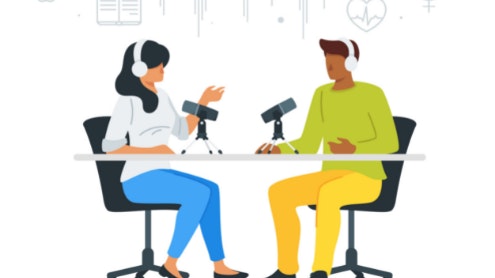Homepage
•
Learning Library
•
Blog
•
6 Things I Learned From Talking to Edtech Experts
Expand breadcrumbs
Expand breadcrumbs
- Learning Library
- Blog
- 6 Things I Learned From Talking to Edtech Experts
- Homepage
- •
- Learning Library
- •
- Blog
- •
- 6 Things I Learned From Talking to Edtech Experts
6 Things I Learned From Talking to Edtech Experts
By Monica Burns
September 16, 2021








